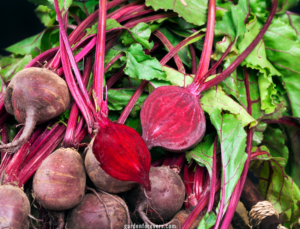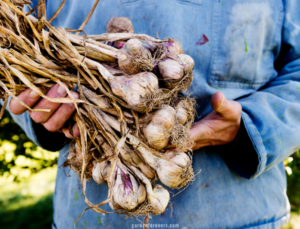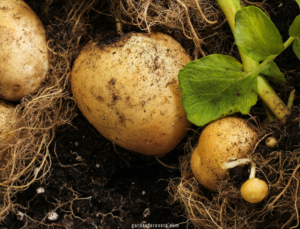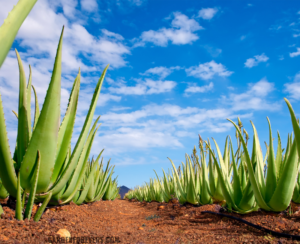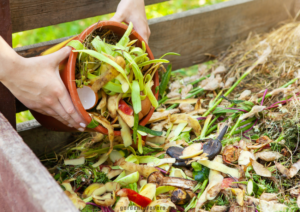How Do Potatoes Contribute to the Economy of Georgia
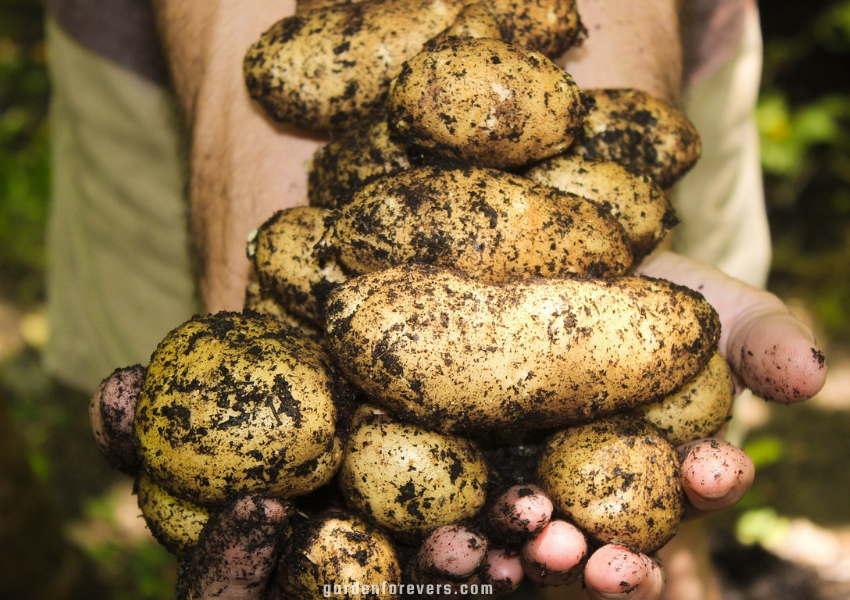
Are you thinking about Georgia’s economy? Potatoes may not be the first crop that comes to mind when thinking about Georgia’s agriculture, but they play a significant role in the state’s economy. Known for its peaches and peanuts, Georgia also produces a considerable amount of potatoes that contribute to job creation, revenue generation, and support for rural communities.
In this article, we will explore how potatoes contribute to the economy of Georgia, highlighting key factors such as production, employment, exports, and sustainability.
Georgia’s Potato Production: A Growing Industry
Georgia’s diverse climate and fertile soil make it an ideal location for potato farming. While not as dominant as some other agricultural crops, potatoes are still a key part of Georgia’s agricultural output. Potato farming in Georgia is concentrated primarily in the southern part of the state, including regions like Vidalia, known for producing high-quality potatoes.
In 2022, Georgia produced over 400,000 tons of potatoes, generating significant revenue for the state’s farmers. The ability to grow various types of potatoes—including red, white, and yellow—ensures that Georgia can meet both local and national demand. This diversity in potato types is one reason why potato farming remains profitable for farmers across the state.
How Potatoes Contribute to Employment in Georgia
Potatoes not only contribute to revenue but also create numerous job opportunities throughout Georgia’s agricultural sector. From planting to harvesting, the potato industry requires a substantial workforce. Potato farms employ both seasonal and full-time workers, helping to support rural economies where job opportunities may be limited.
The industry’s influence doesn’t stop at the farm. Potatoes are sent to packing facilities and processing plants, where they are turned into products like potato chips, French fries, and frozen potato products. These facilities provide year-round employment, creating additional jobs in transportation, marketing, and retail sectors. In total, the potato industry supports thousands of jobs in Georgia, contributing to the state’s economic stability
Potato Processing and Value-Added Products
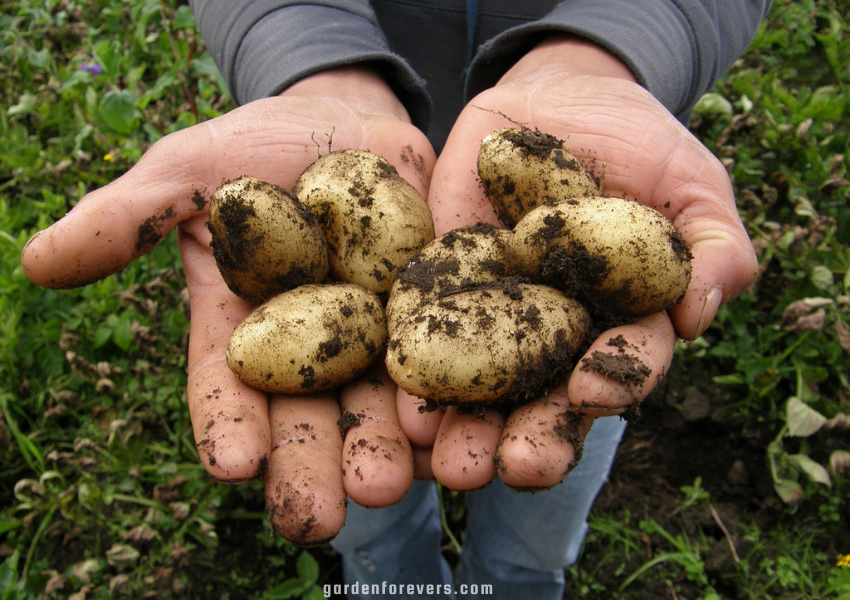
A significant portion of Georgia’s potatoes is processed into value-added products such as potato chips and frozen fries. These products are not only sold in Georgia but across the United States and internationally. Potato processing plants boost the state’s economy by increasing the value of raw potatoes and supporting various sectors of the food manufacturing industry.
Processing facilities also help to keep jobs stable throughout the year. Unlike other seasonal crops, processed potato products require continuous production, offering steady employment for plant workers and contributing to the local economy.
Export Market: Boosting Georgia’s Global Reach
One of the ways potatoes contribute to the economy of Georgia is through exports. While much of the state’s potato crop is consumed within the United States, a growing portion is exported to international markets, including Canada, Mexico, and other countries. These export opportunities increase revenue for Georgia farmers and reduce the risk of market fluctuations in domestic demand. For detailed insights into the global potato trade and its trends, visit The International Potato Center.
Georgia’s access to the Port of Savannah, one of the busiest ports in the U.S., makes it easier to ship potatoes and processed potato products overseas. This strategic advantage allows Georgia to remain competitive in the global potato market, further boosting the state’s agricultural economy.
The Role of Potatoes in Supporting Rural Economies
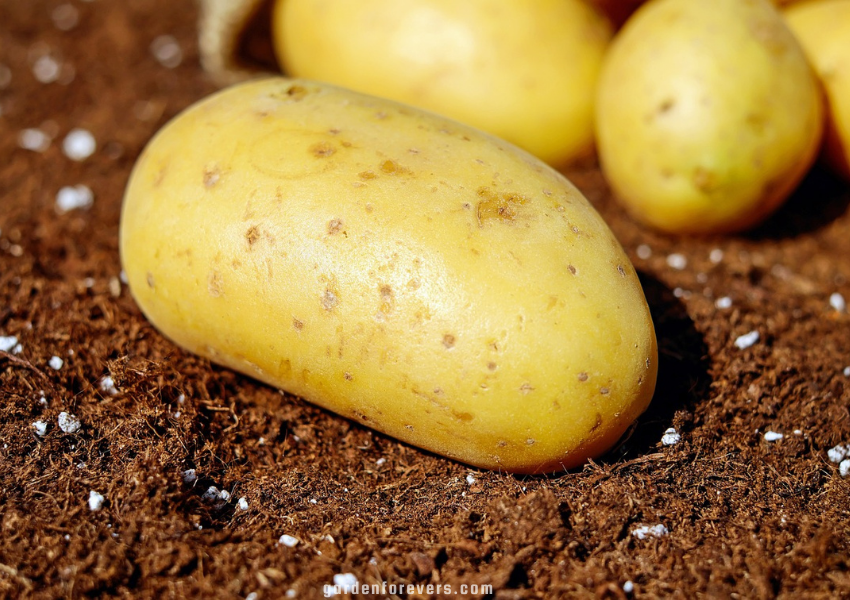
For many rural communities in Georgia, agriculture is the backbone of the local economy, and potatoes play an essential part. Potato farming generates income that is often reinvested into local businesses, from equipment suppliers to grocery stores. In smaller towns where job options are limited, potato farming offers a consistent source of income.
Furthermore, the ripple effect of potato farming extends to secondary businesses such as logistics companies and packaging facilities, which rely on the agricultural sector for their livelihood. The overall impact is that potato farming helps keep rural economies afloat, providing much-needed economic stability to Georgia’s smaller communities.
Sustainable Potato Farming: Georgia’s Commitment to the Future
As sustainability becomes a growing concern in agriculture, Georgia’s potato industry is adopting new technologies to increase efficiency and reduce its environmental impact. Precision agriculture, which uses data and GPS technology to optimize planting and harvesting, is helping farmers improve productivity while minimizing waste. This results in both higher yields and lower costs for farmers.
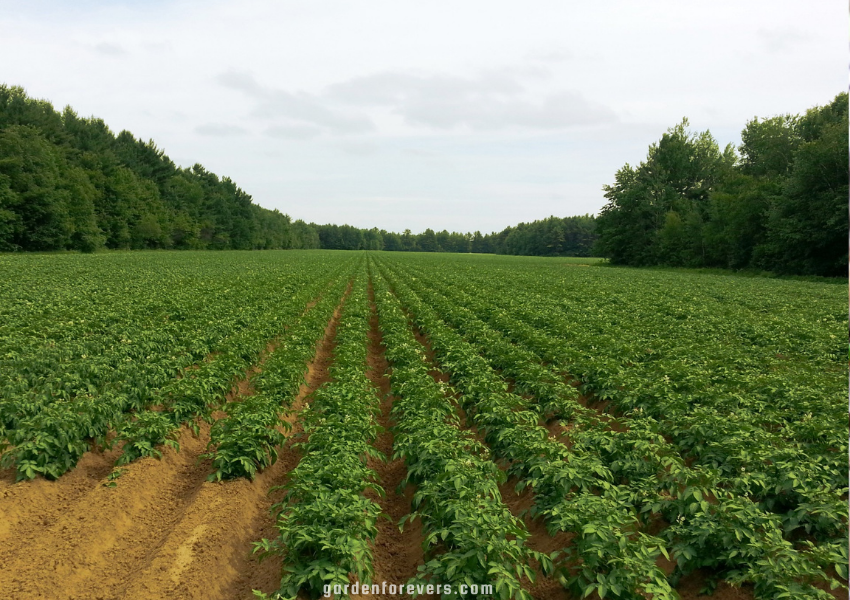
Additionally, Georgia’s potato farmers are increasingly turning to drip irrigation and other water-saving techniques to conserve resources. By adopting sustainable practices, the potato industry is helping to ensure that future generations of Georgians can continue to benefit from this important crop. For example, organic spinach farming follows similar sustainable methods to ensure healthy, eco-friendly yields. Learn more in our guide on How to Grow Organic Spinach: A Complete Guide.
Potatoes and Georgia’s Agribusiness Sector
Beyond direct farming, potatoes are a crucial part of Georgia’s agribusiness. Processing plants, distribution centers, and export businesses all contribute to the state’s overall economic health. Georgia’s strategic location, combined with its agricultural prowess, makes it a hub for food production and distribution. Potatoes, as one of the state’s significant crops, play a pivotal role in this broader economic activity.
The ability to process raw potatoes into a variety of food products makes the potato industry highly adaptable. Whether in the form of potato chips, French fries, or dehydrated potato products, Georgia’s potatoes are a versatile and essential part of the state’s agribusiness. This adaptability also makes potatoes less vulnerable to market shifts, as the industry can respond quickly to changes in consumer demand.
Potatoes as an Economic Powerhouse in Georgia
While potatoes may not have the same recognition as other crops like peaches or peanuts, their economic impact on Georgia is undeniable. The industry contributes to revenue generation, job creation, and the stability of rural economies. Additionally, the growth of the export market and the adoption of sustainable farming practices position Georgia’s potato industry for continued success.
Related
By supporting local economies, providing employment opportunities, and contributing to global trade, potatoes have become an integral part of Georgia’s agricultural economy. As the state continues to embrace innovation in farming techniques and explore new markets, the future looks bright for Georgia’s potato farmers and the communities that rely on them.
FAQs
1. Where are potatoes primarily grown in Georgia?
Answer: Potatoes are mainly grown in the southern part of Georgia, especially in areas like Vidalia, which is known for high-quality potato production.
2. How does potato processing contribute to Georgia’s economy?
Answer: Potato processing adds value to the raw product by turning it into items like chips, fries, and frozen products. This part of the industry helps generate additional revenue and provides year-round jobs.
3. Does Georgia export its potatoes?
Answer: Yes, Georgia exports a portion of its potatoes, both as raw produce and as processed products. Countries like Canada and Mexico are key international markets.

